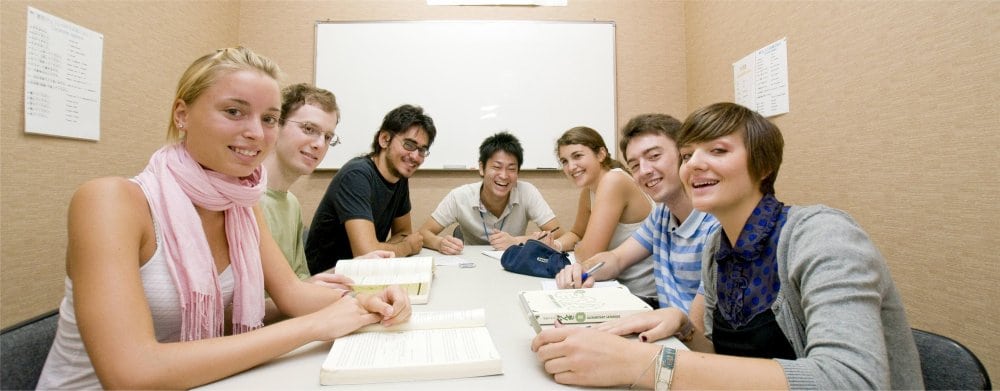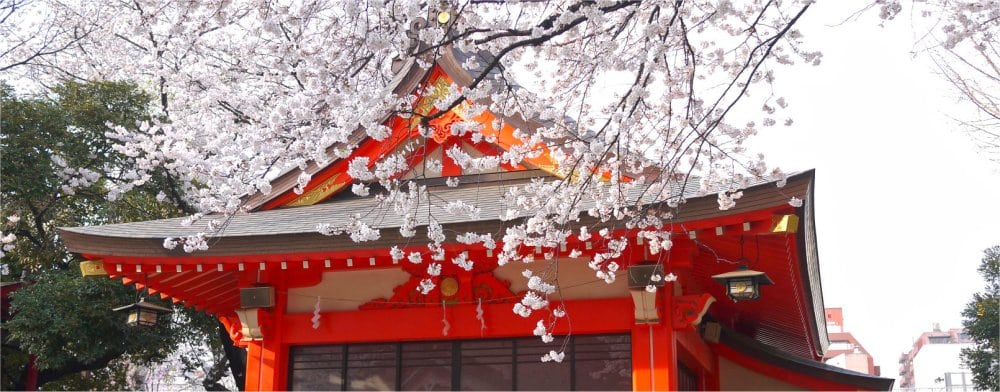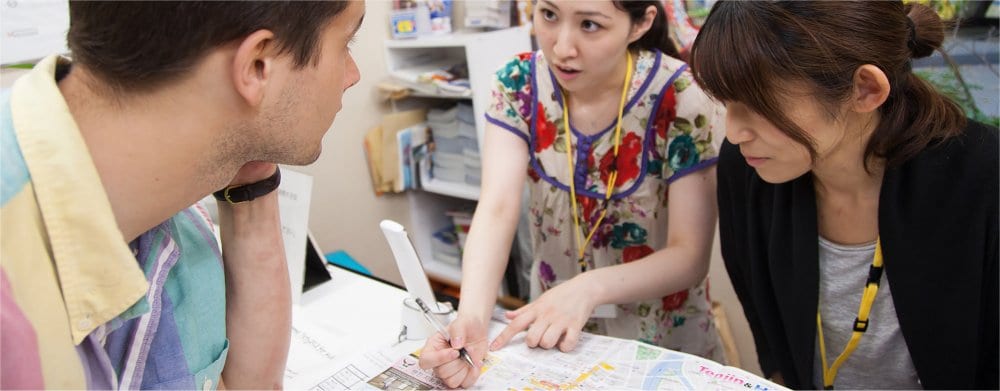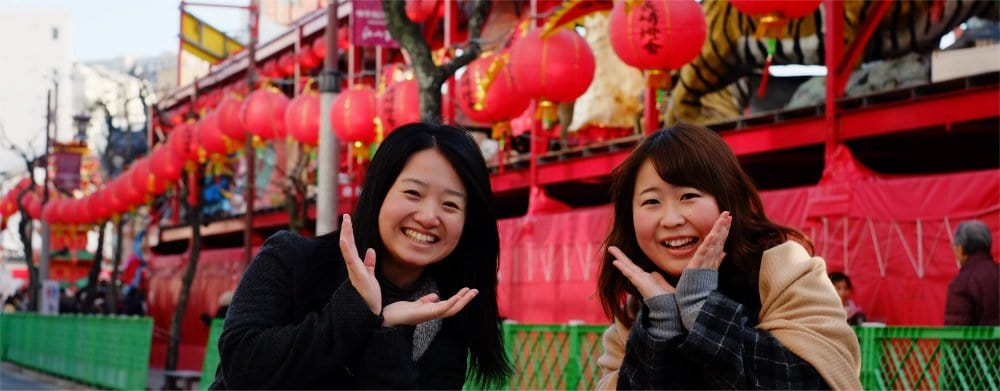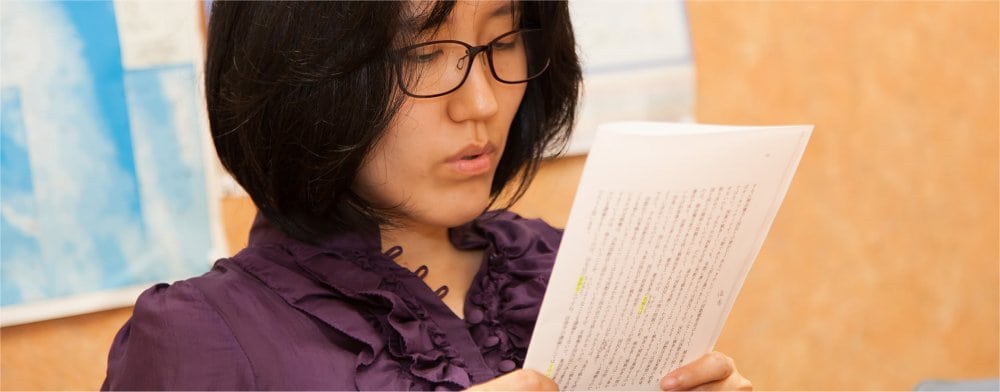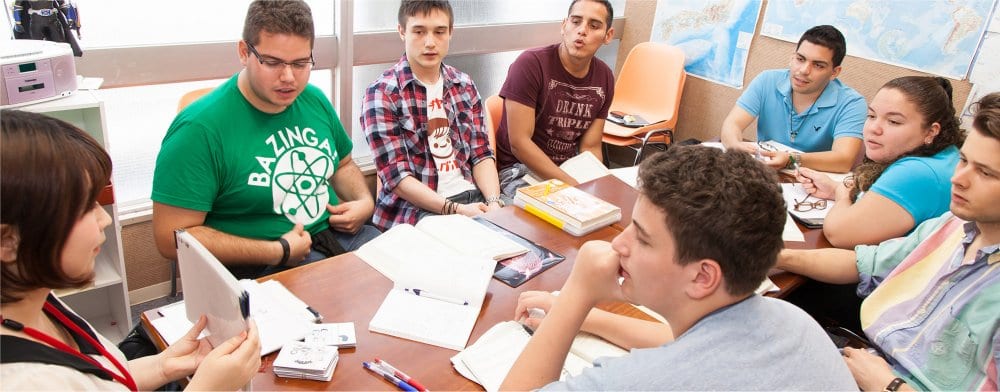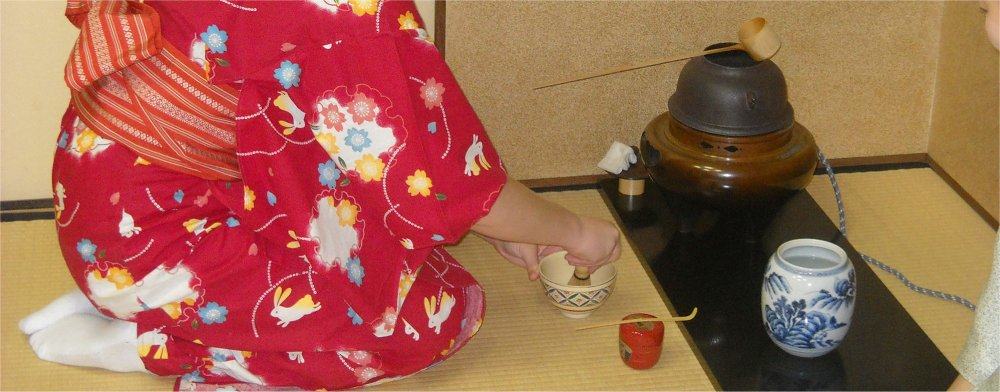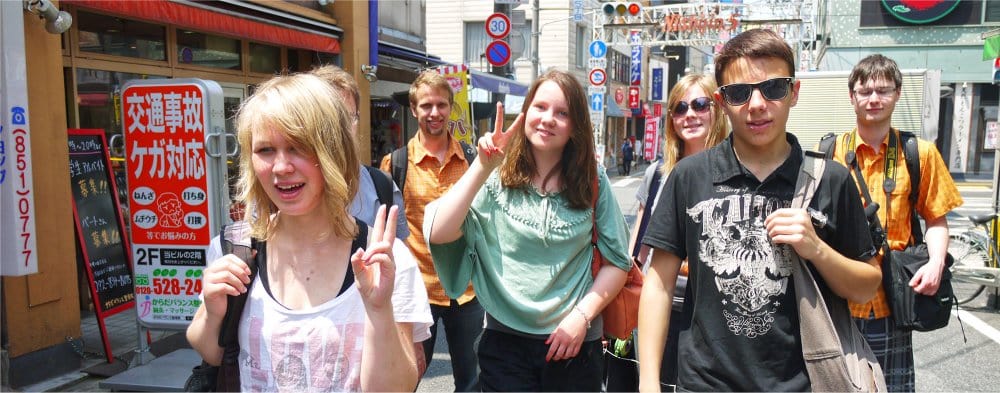Learn Japanese in Fukuoka Japan: Teaching
Hiragana Alphabet
All ability levels are accepted, from complete beginners to very advanced.
However please note we need students to memorize the HIRAGANA alphabet prior to arrival.
It should only take you a couple of days – the college asks that you can read it, not be able to write the letters.
Japanese Teachers
All teachers are fluent in English and, obviously, Japanese.
They are all Japanese nationals, who are professionally qualified to teach Japanese as a foreign language. They are graduates of a rigorous 420-hour Japanese teacher training course at recognized schools. The length and content of this course was originally specified by the Japanese Ministry of Education but has now become the standard qualification for professional Japanese language teachers. It is equivalent to a university minor, and the result is a very an extremely high level of teaching.
Japanese Students
Students come from all over the world, most are beginner to intermediate level learners, some are advanced.
Age wise students can be any age from 14yrs+ (the teenage students come out during the European summers)
Generally speaking, students are in their 20’s or early 30’s, but everyone who wants to learn Japanese is welcome.
Group course structure
The core Japanese Language course (the Standard Course) consists of two 50-minute grammar classes and two 50-minute conversation classes each day.
The Standard Course is offered over all ability levels
In general, you will study new grammar each afternoon, do related homework that night, then practice your new skills in the application class the next morning. English explanations will be given where necessary (and comparisons between the two grammar methods will be made, which is particularly useful at lower ability levels). Practical application of the language is encouraged to aid vocabulary retention and real-life fluency. Topical materials are used; news, TV, movies in class to illustrate a point (and engage student interest) and local shops are used (with their permission!) for planned language activity sessions.
All classes are held on a rolling start basis. This means that you enter an ongoing class, partway through that class’s syllabus.
If your ability level is slightly below the level of that class, we provide free “catch-up classes” to raise you to the appropriate level.
The exception to this is complete beginners, who start from the first Monday of each month only. If you are the only student at your specific level when you arrive, a new class will be created for you.
As students can start any Monday, and you can study for as many weeks as you like, the students in your class can change from week to week.
New students may arrive on a Monday, and old students graduate on a Friday. We have a time-tested system in place to minimize disruption to the class.
Please note:
– If you are the only student at your ability level:
1) If there is a class at a close level, you will have 10 lessons per week with that class, and 5 private lessons focusing on your specific needs.
2) If there is no close level, you will have 10 private lessons per week to focus on just what you want to learn.
– If there are only two students at your ability level:
1) If there is a class at a close level, you will have 10 lessons per week with that class, and 10 semi-private lessons with just the two of you.
2) If there is no close level, the two of you will have 15 semi-private lessons per week.
This policy means you don’t need to worry about whether there will be other students at your ability level when you arrive – even if you’re the only one, we’ll make arrangements to take care of you!
(Note that the only exception to this is complete beginner students. Classes for complete beginners start on the first Monday of every month and the third Mondays in June, July and August. If complete beginner students start outside of these dates, there will not be a class available for you.)
Sample Timetable
Below is a sample schedule for a student taking the Japanese course.
The specific time of lessons may differ depending on class level and season, and your schedule may also differ from week to week.
Please note that it is now common for the school to offer afternoon classes, as well as morning classes.
*Sample schedule only. Actual schedule may differ.
| Morning classes | 09.30 – 10.20 hrs + 10.25 – 11.15 hrs |
11.25 – 12.15 hrs + 12.20 – 13.10 hrs |
| OR | ||
| Afternoon classes | 14.05 – 14.55 hrs + 15.00 – 15.55 hrs |
16.00 – 16.50 hrs + 16.55 – 17.45 hrs |
| Monday | Level check test, orientation | Grammar class |
| Tuesday | 4-skills application class | Grammar class |
| Wednesday | 4-skills application class | Grammar class |
| Thursday | 4-skills application class | Grammar class |
| Friday | 4-skills application class | Grammar class |
Activities (example for Cultural Course)
| Activity 1 | Activity 2 | Activity 3 | |
| First Saturday | Cookery class | Wrapping as an Art | Japanese Drums |
| Second Saturday | Ikebana | Calligraphy | Tea Ceremony |
| Third Saturday | Hakata Craft Furusato Kan |
Hakata Doll Painting | Katana Sword |
| Fourth Saturday | Zen meditation | Origami Lesson | Kimono dressing |
Class levels and progress structure
> VIEW CLASS LEVELS AND PROGRESS CHART
Total time from Beginner to Advanced level: about 60 weeks!
In reality, CESA Languages students chose to attend a course, according to their linguistic goals, personal wishes and time constraints.
Services offered to students 14/17 yrs of age:
The school are happy to accept students under 18 yrs, with or without parental/guardian supervision, providing several services to ensure that minors are safe and secure during their stay.
Airport pickup
A representative from the school or accommodation will be waiting at the airport to pick the student up from his/her flight and take him/her to the accommodation. There is a charge for this service.
Unaccompanied Minor Services (by airlines)
For the flights to Fukuoka, many airlines offer an Unaccompanied Minor service, a paid service where a staff member will take the student between flights if they have transfers, and make sure the student is handed over to the school representative at Fukuoka Airport. Generally this service is only required for students under 15 yrs of age. Please check with your airline for more details!
Accommodation
Offered with designated residencies or hosts
The school will only allow students under 18 yrs to stay in one of the designated residencies which offer special services for under-18 s or hosts.
Counselling
A school counsellor is available Monday through Friday. The school provide optional sessions, to ensure that the student is adjusting to life in Japan, classes, and life with their host family.
Emergency contact numbers
The school staff offer a 24-hour emergency contact number that can be used by the student him/herself or parents calling from overseas, in the event of an emergency.
Friendly, safe atmosphere
As the Fukuoka school is a small school, all teachers and students know each other, so minors are well supervised during their time in school and can feel that they are in a safe and welcoming environment.
Friendly, safe town
Fukuoka is famous for the friendliness of its residents and has a very low crime rate compared to most other parts of Japan.
